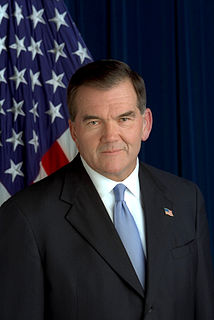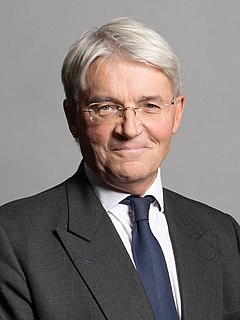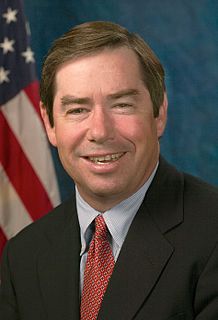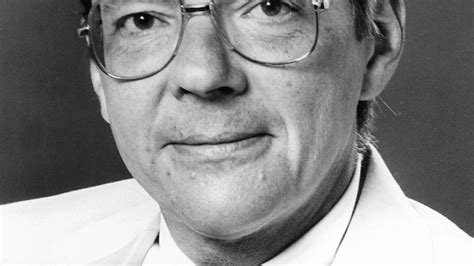A Quote by Robert Kagan
Britain has taken itself out as a major player in the international system, at least for a while, with the kind of cuts that they've made in their national security budget.
Related Quotes
The programs supported by the International Affairs Budget are as essential to our national security as defense programs. Development and diplomacy protect our nation by addressing the root causes of terrorism and conflict. But it's not just about security. By building new markets overseas for American products, the International Affairs Budget creates jobs and boosts the economy here at home.
I'm not interested in embarrassing the United States. We as a nation need to foster a broader understanding of national security, and when in the name of national security the US government both overtly and covertly aligns itself with the apartheid state and against heroic freedom fighters for racial justice ... Not only in 1962 but also keeping in mind that Mandela was on the US terror watch list until 2008, that kind of myopic understanding of national security has devastating consequences.
We have a media that goes along with the government by parroting phrases intended to provoke a certain emotional response - for example, "national security." Everyone says "national security" to the point that we now must use the term "national security." But it is not national security that they're concerned with; it is state security. And that's a key distinction.
His presidency ended more than a decade ago, but politicians, Democrat and Republican, still talk about Ronald Reagan. Al Gore has an ad noting that in Congress he opposed the Reagan budget cuts. He says that because Bill Bradley was one of 36 Democratic Senators who voted for the cuts. Gore doesn’t point out that Bradley also voted against the popular Reagan tax cuts and that it was the tax cuts that piled up those enormous deficits, a snowballing national debt.
When you raise the budget, you make creative compromises. The higher the budget goes, the more cuts in your movie happen. When people talk about how movies are watered down, that's a direct reflection of money and budget. The less money you spend; the more risks you can take. That doesn't mean it will be successful, but at least you can try different stuff. The higher your budget is, the less you can do that.
I believe that the topic of chemical weapons is critically important for international peace and security, and I take note of the ongoing debate over what course of action should be taken by the international community. All those actions should be taken within the framework of the U.N. Charter, as a matter of principle.
(I)t is highly questionable whether when 'Europe speaks with one voice', as we are so often told it is doing, anyone is really listening. Europe's reputation as a serious player in international affairs is unenviable. It is a feeble giant who desperate attempts to be taken seriously are largely risible. It has a weak currency and a sluggish inflexible economy, still much reliant on hidden protectionism. It has a shrinking, ageing, population and, with the exception of Britain, rather unimpressive armed forces and, not excepting Britain, muddled diplomacy.






































